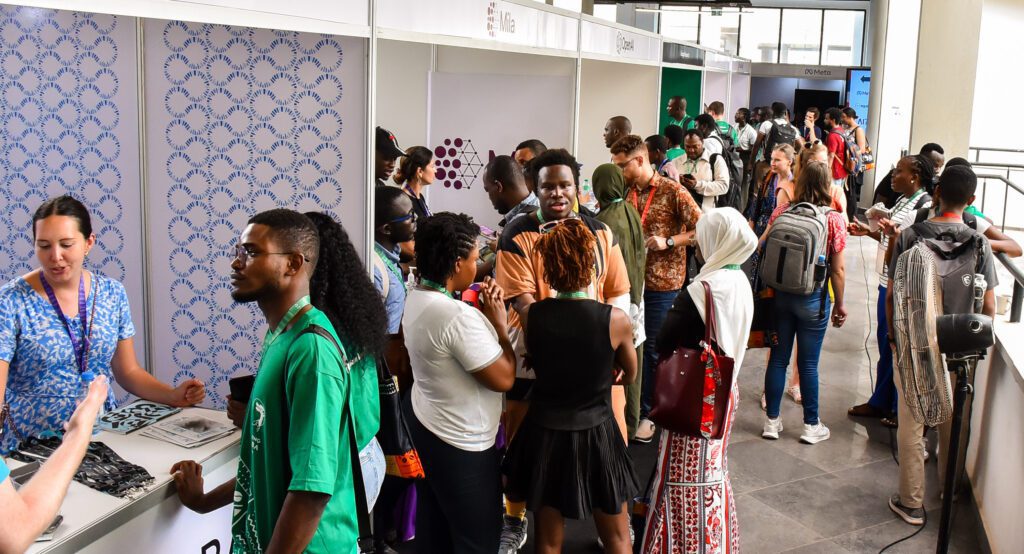At the Deep Learning Indaba conference, tensions surfaced around the recent African Union strategy on AI, with many African experts feeling it lacks local input and simply mirrors external influences. Seydina Ndiaye, a program director, criticized the strategy as overly reliant on foreign perspectives, while Vukosi Marivate urged for African-driven AI initiatives. Despite frustrations, Barbara Glover emphasized the importance of an independent African AI strategy developed by local experts. The reliance on foreign funding for the conference also raised concerns about influence and agenda-setting, highlighting a broader desire for African nations to create AI solutions that genuinely benefit local communities. Experts advocate for more support from African governments to foster homegrown AI development.
Title: African Leaders Urged to Take Charge of AI Development Amid Global Concerns
In a recent discussion at the Deep Learning Indaba conference, Seydina Ndiaye, a program director at the Cheikh Hamidou Kane Digital University in Dakar, raised alarms over Africa’s approach to artificial intelligence (AI). A new strategy proposed by the African Union emphasizes making AI a national priority and developing startup ecosystems. However, Ndiaye criticized the strategy for being influenced by foreign perspectives rather than grassroots African insights. He called it a “copy-paste” of outside ideas that may not serve the continent’s unique needs.
The sentiment of frustration was echoed by Vukosi Marivate, a prominent computer scientist from South Africa who emphasized the importance of creating AI solutions that genuinely benefit African communities. He urged the audience not to wait for external rules and regulations to begin building these solutions.
Barbara Glover, a program manager for the African Union Development Agency, recognized the concerns among AI researchers and highlighted ongoing attempts to harmonize continental strategies. She assured that the agency’s AI strategy is rooted in African expertise and aims to empower local voices to lead the AI agenda.
However, the conference itself faces scrutiny due to its funding sources, which heavily rely on major international tech companies. Critics, including Timnit Gebru from the Distributed AI Research Institute, warn about the potential for skewed discussions influenced by foreign interests. Gebru stresses the need for African nations to find their unique paths in AI development, ensuring that the technology is used in ways that truly benefit local communities.
Overall, the call for more African involvement in AI development is growing, with hopes that governments will step in to support local initiatives. There is a strong desire for AI tools to be created by and for Africans, ensuring that they address the specific challenges faced by the continent.
Tags: African AI Development, Deep Learning Indaba, Seydina Ndiaye, Vukosi Marivate, AI Strategy Africa, Local Expertise, Technology and Innovation
-
What is the bold AI movement in Africa?
The bold AI movement in Africa is a push to develop and use artificial intelligence technology to solve local problems and improve people’s lives. -
Why is the movement being held up?
The movement is facing challenges such as lack of funding, limited access to technology, and insufficient skills and training among local people. -
How can these challenges be overcome?
Addressing these challenges can be done by increasing investment in education, building better infrastructure, and fostering partnerships between local businesses and tech companies. -
What are the potential benefits of AI in Africa?
AI can help in many areas like healthcare, agriculture, and education, making services more efficient and improving the quality of life for many people. - How can people get involved with the AI movement?
People can get involved by learning more about AI, participating in local tech events, or supporting organizations that promote AI development in Africa.






